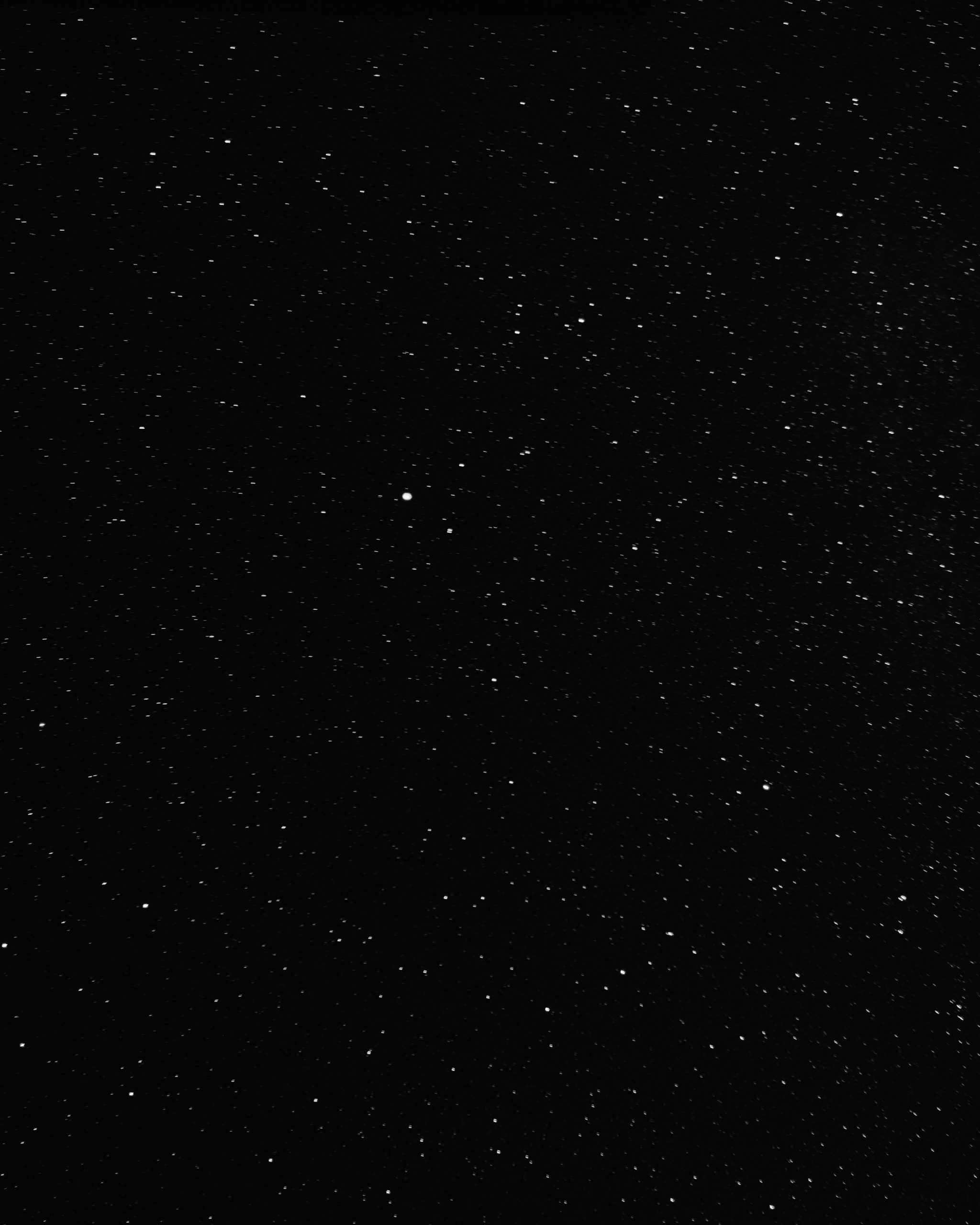Astrology vs Astronomy: Exploring the Differences with NASA
When it comes to studying the cosmos, two terms often come up: astrology and astronomy. Although they might sound similar, these fields are vastly different in terms of their methodologies, goals, and scientific rigor. In this article, we will delve into the disparities between astrology and astronomy, with a focus on insights and perspectives from experts at NASA.
Defining Astrology and Astronomy
Let’s start by defining both astrology and astronomy:
- Astrology: Astrology is a belief system that suggests celestial bodies can influence human behavior and predict future events. It revolves around the concept of a person’s birth chart, which is based on the positions of celestial objects at the time of their birth.
- Astronomy: Astronomy, on the other hand, is a scientific discipline focused on studying celestial objects, their physical properties, and how they interact with each other. It utilizes rigorous methodologies, such as data collection, mathematical models, and experimentation, to understand the universe.
The Historical Connection
Astrology and astronomy have shared a historical connection, as they were intertwined in ancient civilizations. In fact, many prominent astronomers, such as Galileo Galilei and Johannes Kepler, also dabbled in astrology due to the limited scientific knowledge of their time.
However, as scientific advancements were made and our understanding of the universe expanded, a definitive separation between the two fields took place. NASA, the National Aeronautics and Space Administration, is at the forefront of this separation, dedicating itself exclusively to the scientific study of space through astronomy and astrophysics.
Astronomy: The Science of the Universe
Astronomy is widely recognized as a scientific discipline that provides us with knowledge about the universe. Scientists in this field strive to understand the nature of celestial objects, their origins, evolution, and their influence on the cosmos as a whole.
One of the key characteristics of astronomy lies in its reliance on empirical evidence. Researchers collect data through telescopes, satellites, and various other instruments, then analyze and interpret this data to formulate theories and explanations about the workings of the universe. The information gathered by astronomers helps expand our knowledge and contributes to advancements in technology and exploration.
NASA plays a pivotal role in advancing the field of astronomy. Through space telescopes like the iconic Hubble Space Telescope and current missions like the James Webb Space Telescope, NASA has immensely contributed to our understanding of galaxies, stars, exoplanets, and the vastness of space.
Astrology: The Pseudoscience of Interpretation
While astronomy remains grounded in scientific principles, astrology is viewed as a pseudoscience. It lacks the empirical evidence and rigorous methodology synonymous with scientific investigations.
Astrologers primarily rely on subjective interpretations rather than objective measurements. The core concept of astrology is that the positions of celestial bodies at the time of a person’s birth can affect their personality traits, relationships, and future events.
However, scientific studies have consistently failed to provide conclusive evidence supporting the claims made by astrologers. NASA, like many other scientific organizations, acknowledges that astrology has no scientific basis and does not align with the principles of astronomy.
The Role of NASA in Educating the Public
NASA is not only dedicated to scientific research but also strives to promote scientific literacy and dispel misconceptions. It actively works to educate the public and encourage critical thinking when it comes to topics related to the universe.
NASA’s website provides valuable resources and articles aimed at clarifying the distinction between astrology and astronomy. It emphasizes that, while astronomy is a legitimate science, astrology is an art form that focuses on personal beliefs and interpretations.
Additionally, NASA frequently conducts outreach programs, public lectures, and collaborations with educational institutions to foster scientific curiosity and understanding. By disseminating accurate information and promoting the scientific method, NASA seeks to encourage individuals to make informed decisions about the validity of astrology.
The Final Verdict
When it comes to astrology vs. astronomy, it is essential to differentiate between scientific inquiry and subjective belief systems. While astronomy is grounded in empirical evidence, rigorous methodologies, and the pursuit of knowledge, astrology relies on personal interpretations and lacks scientific validity.
NASA’s commitment to scientific research and education positions it as a reliable source of information regarding space exploration and the universe. By drawing on the expertise of NASA scientists and their dedication to the scientific method, we can confidently conclude that astrology falls outside the realm of scientific study.
So, the next time you look up at the stars, remember that there’s a world of difference between the science-based discoveries provided by astronomy and the individual interpretations offered by astrology. Embrace the wonders of the universe through the tools of science, and let NASA guide you on an exploratory journey through astronomical truths.
Table of Contents
